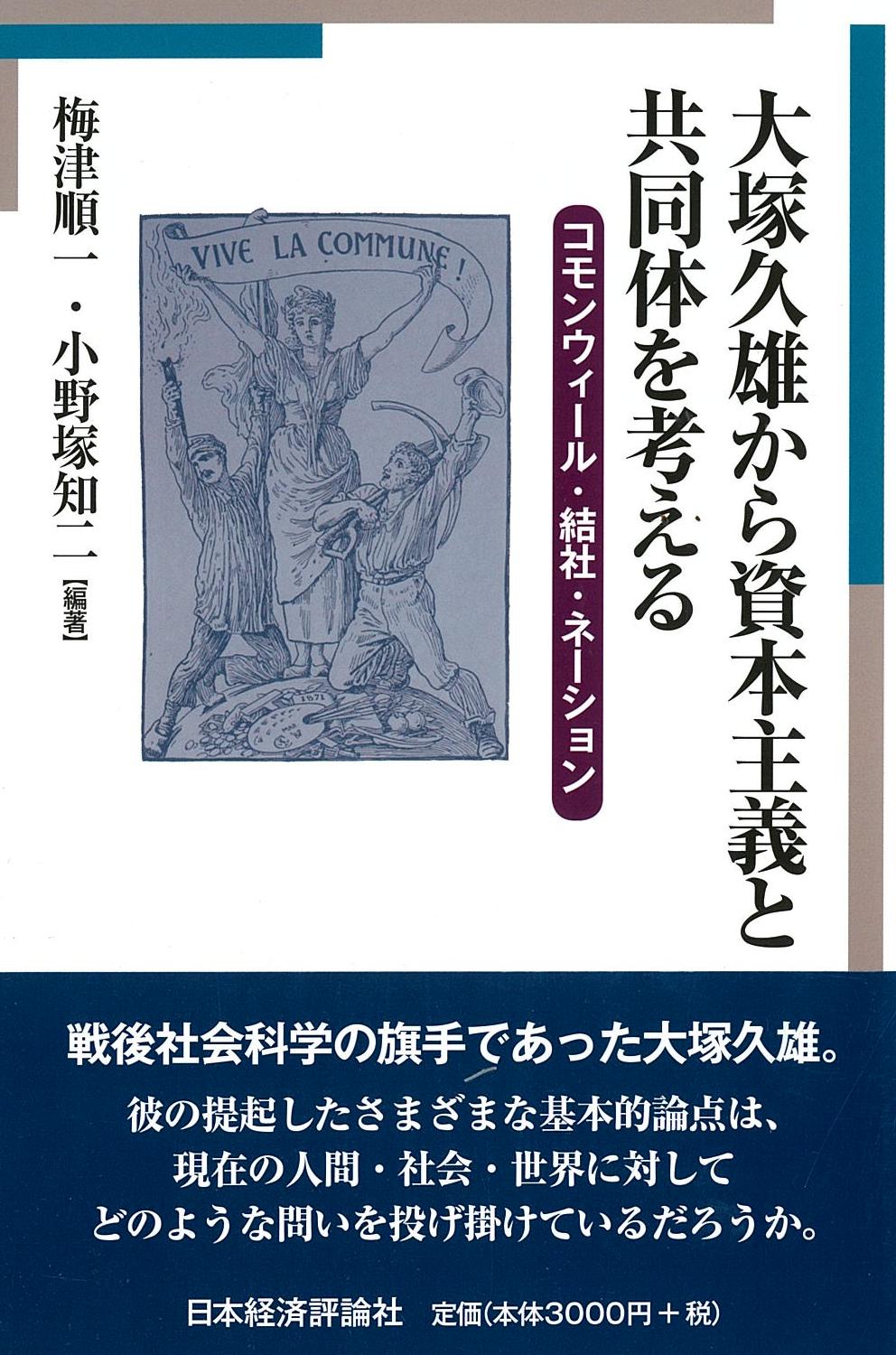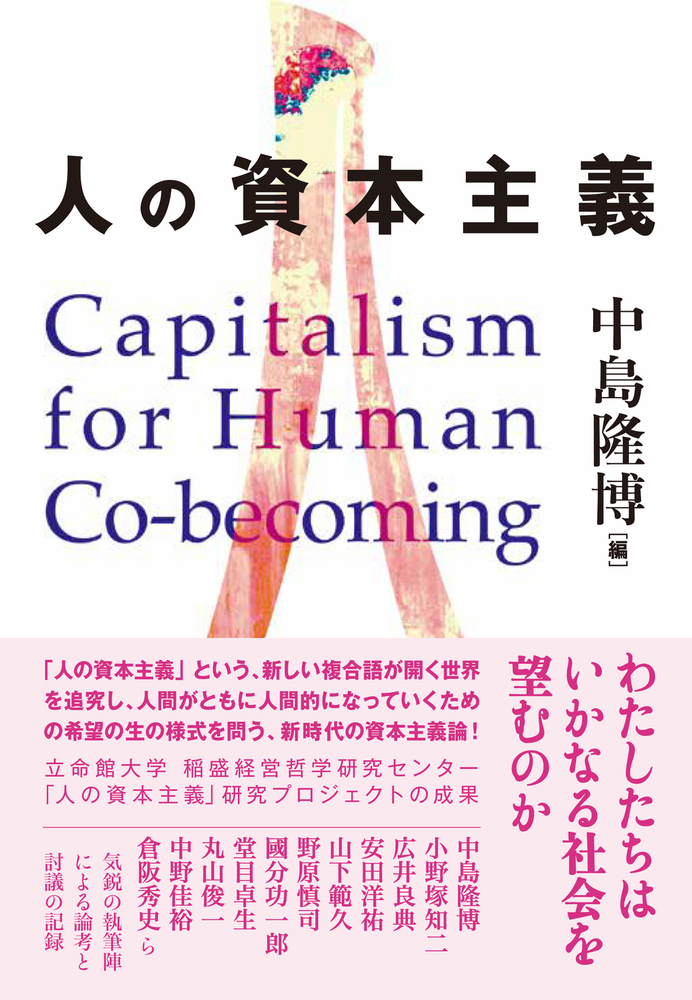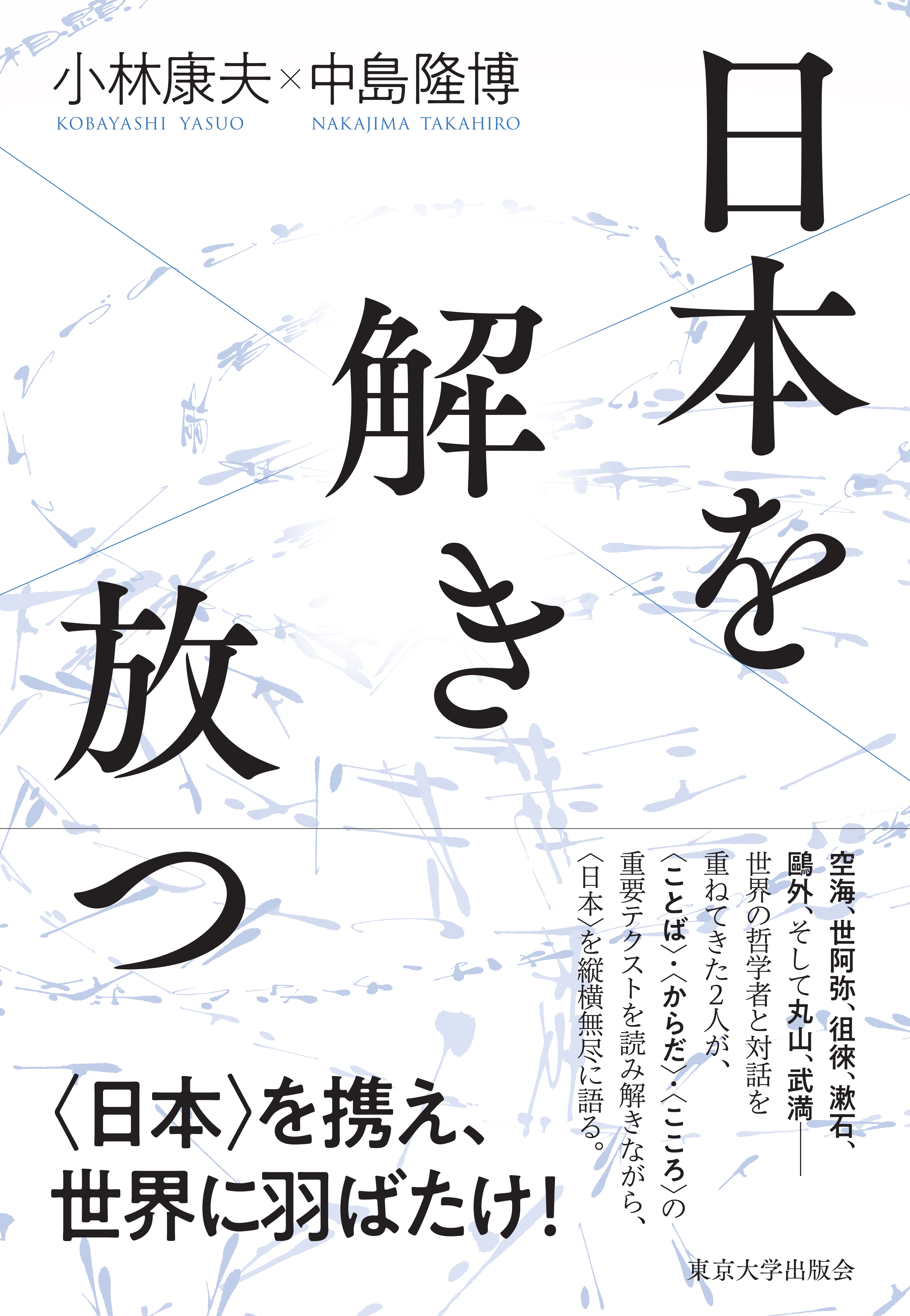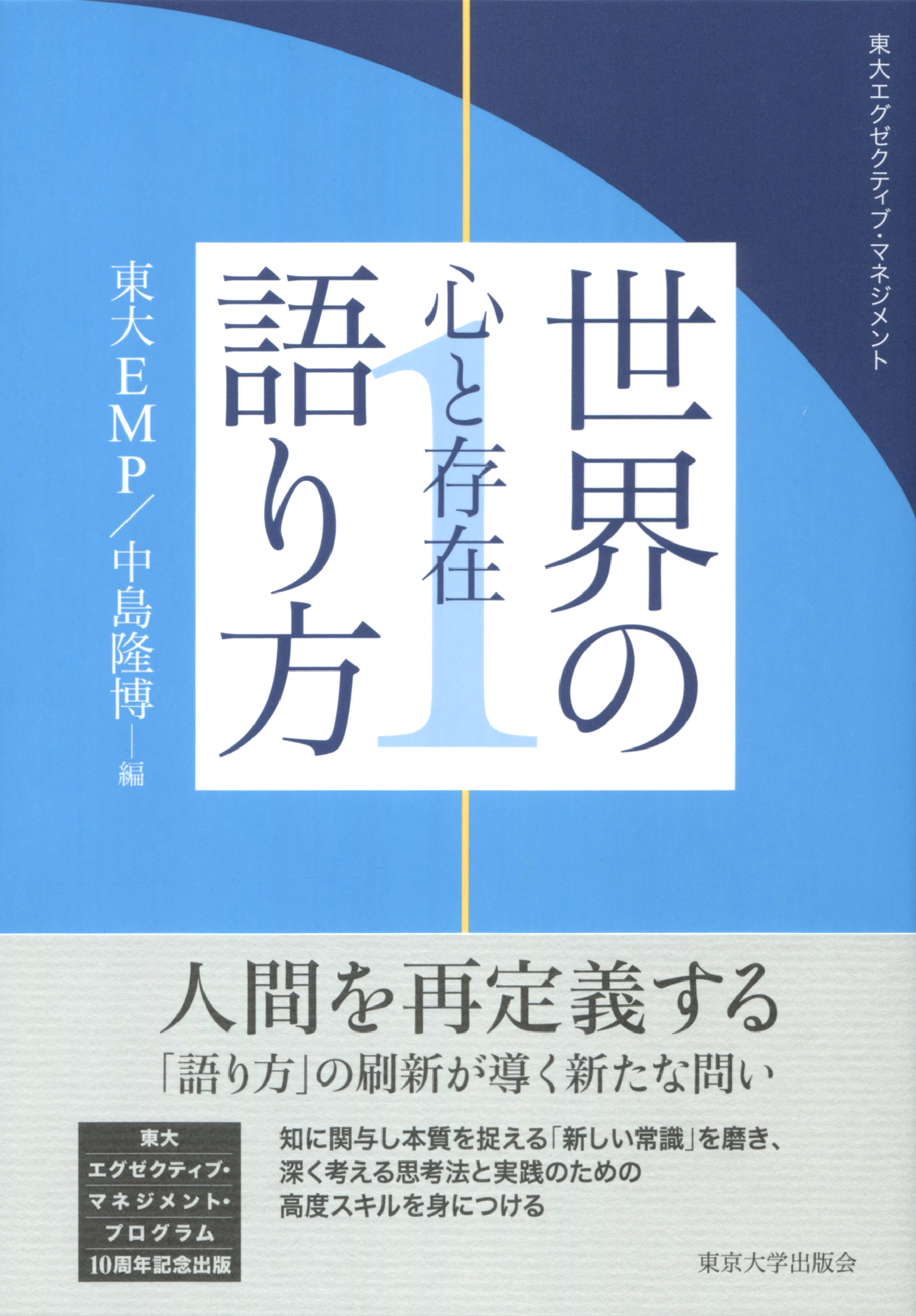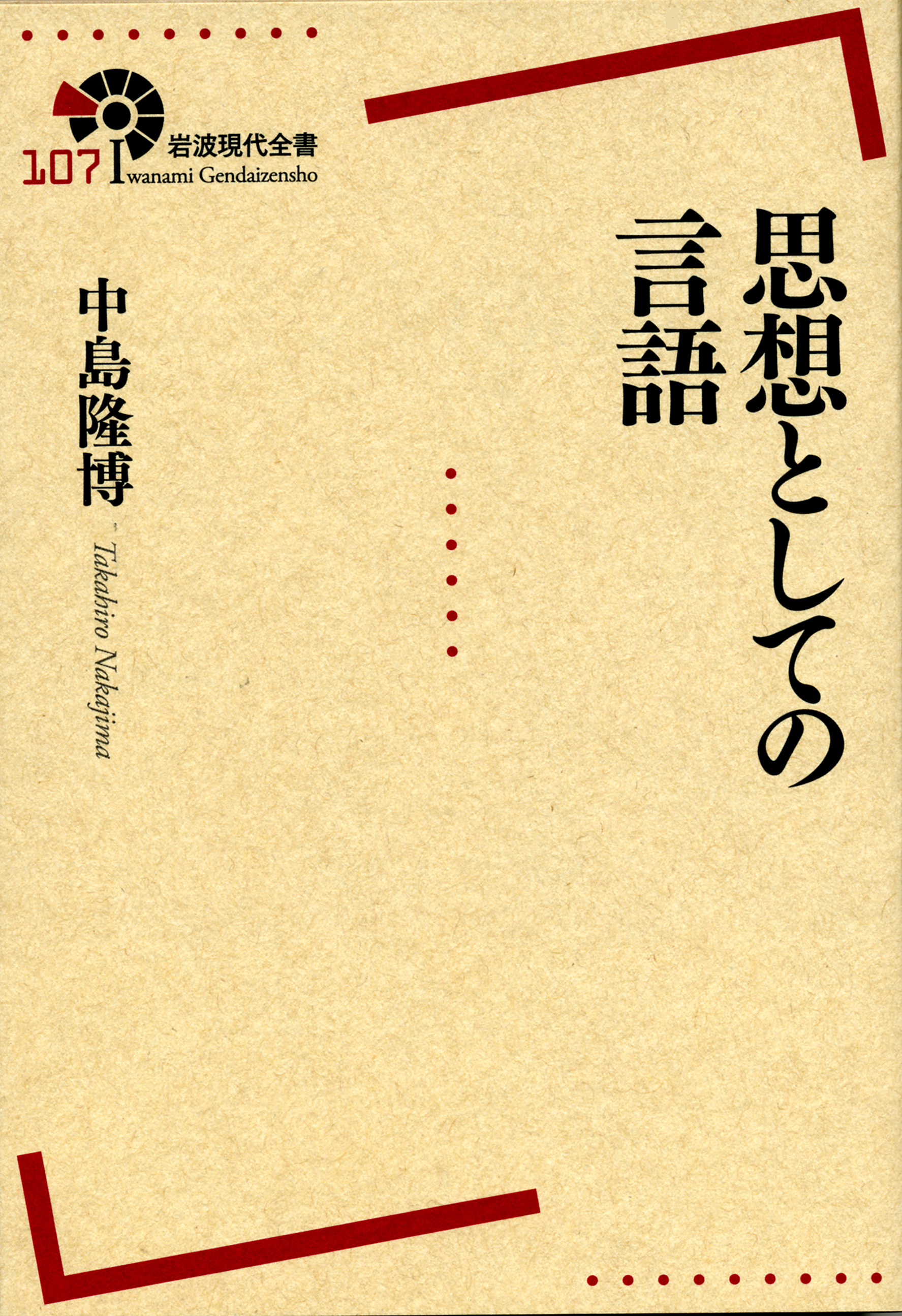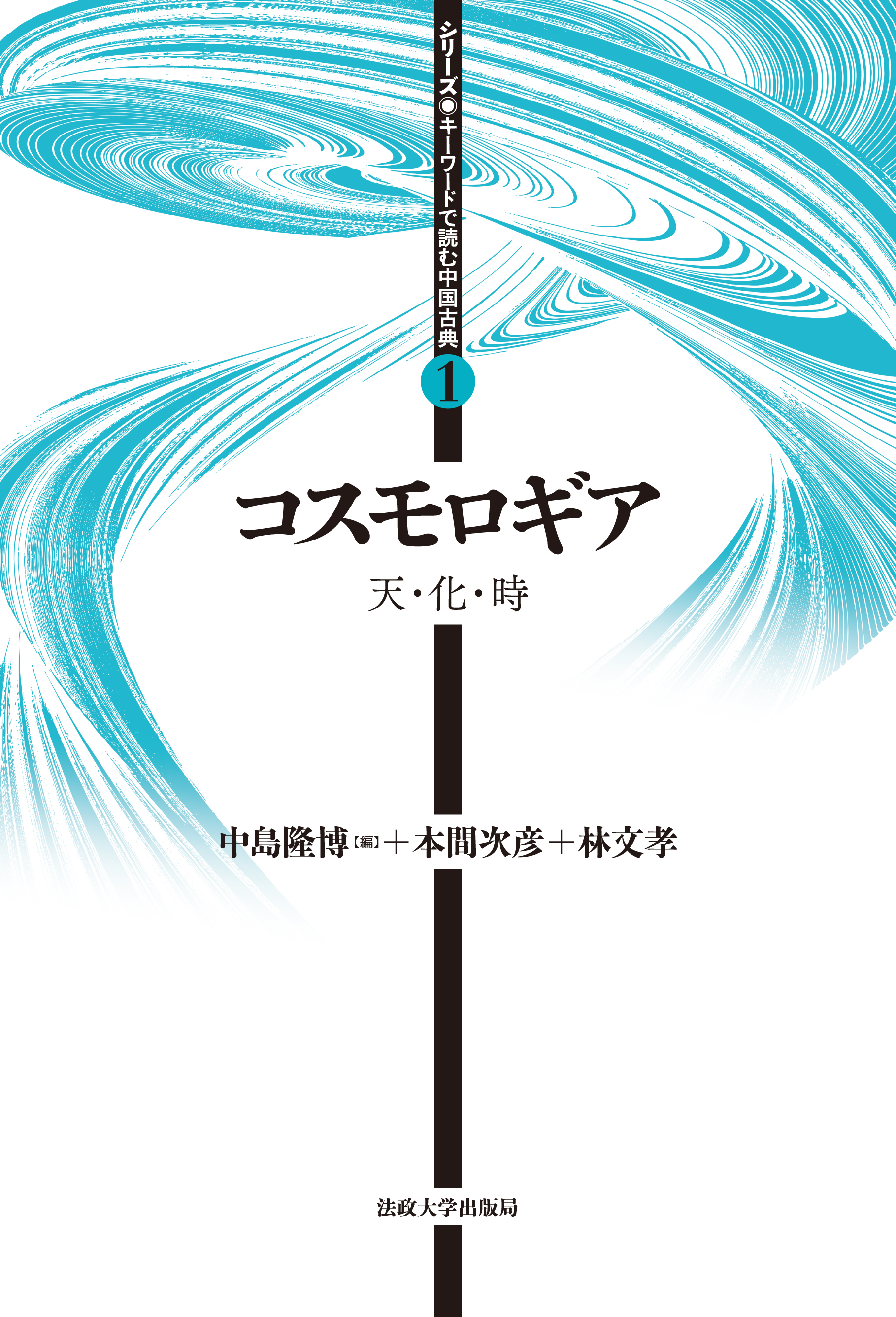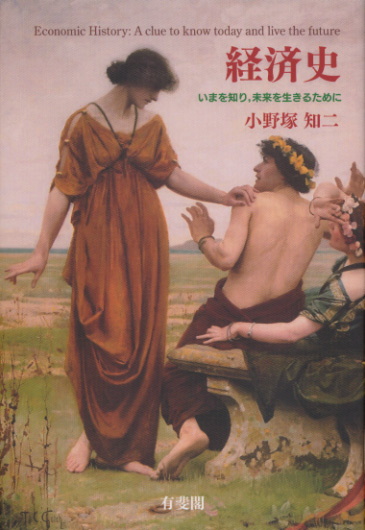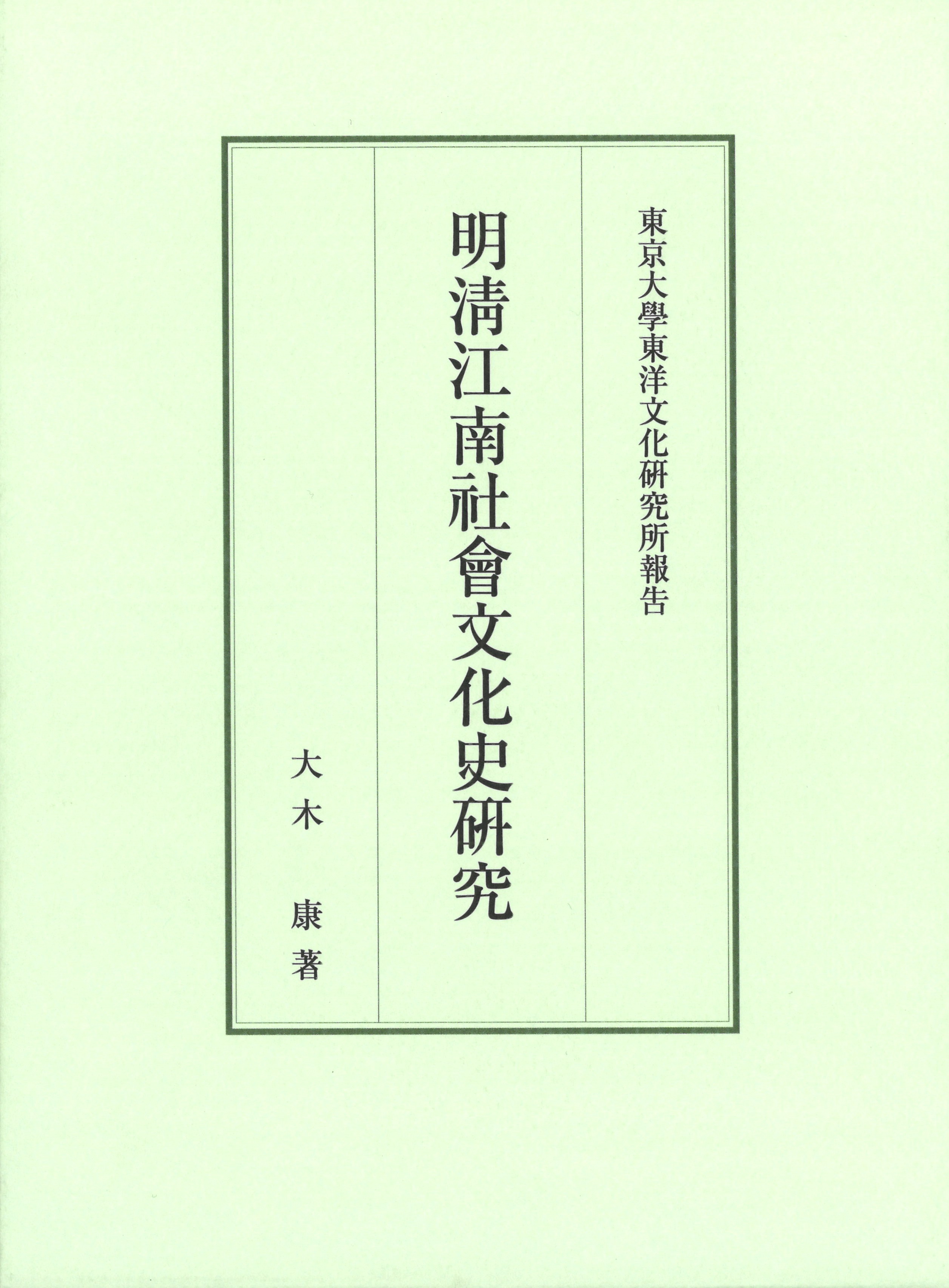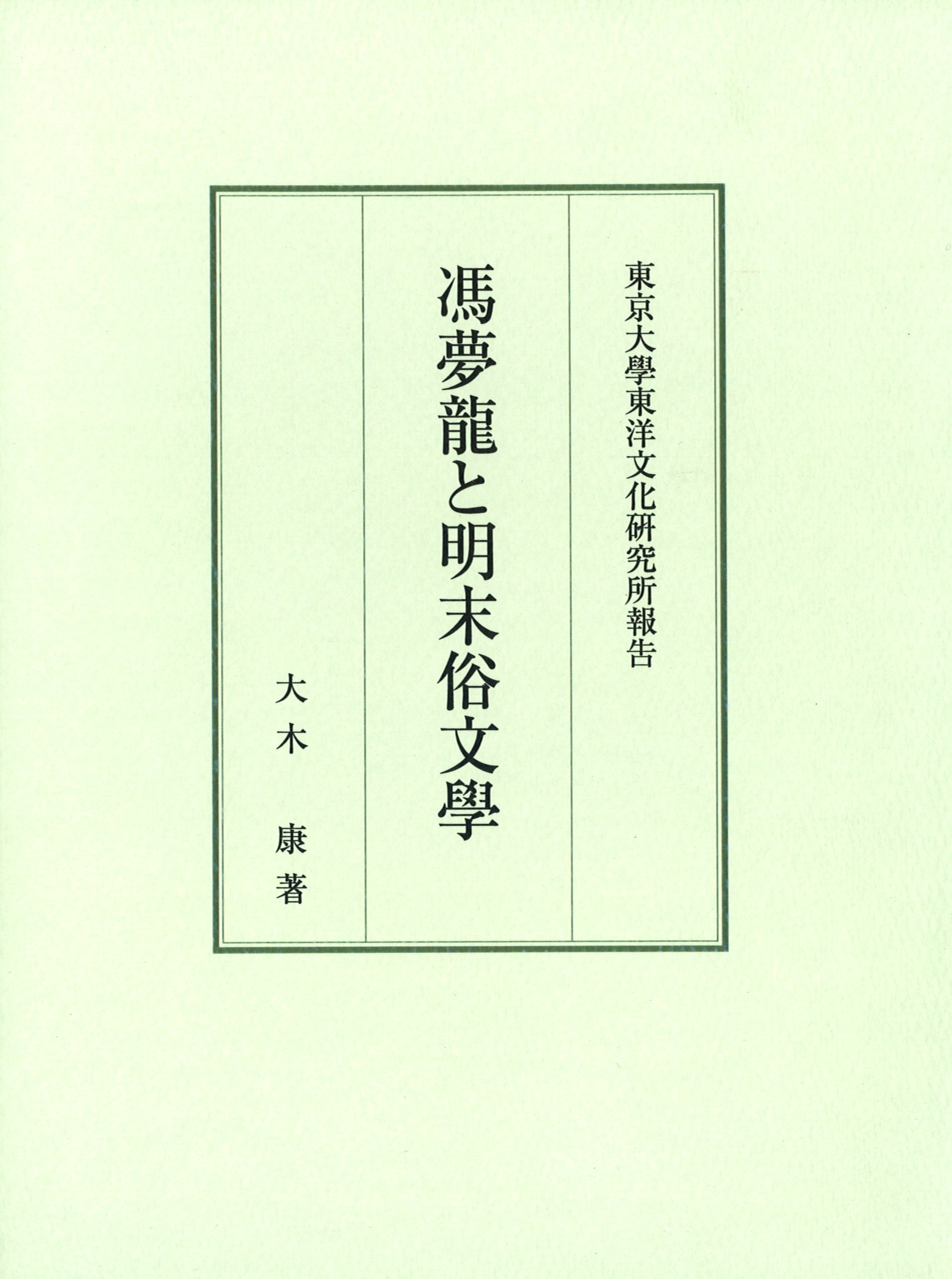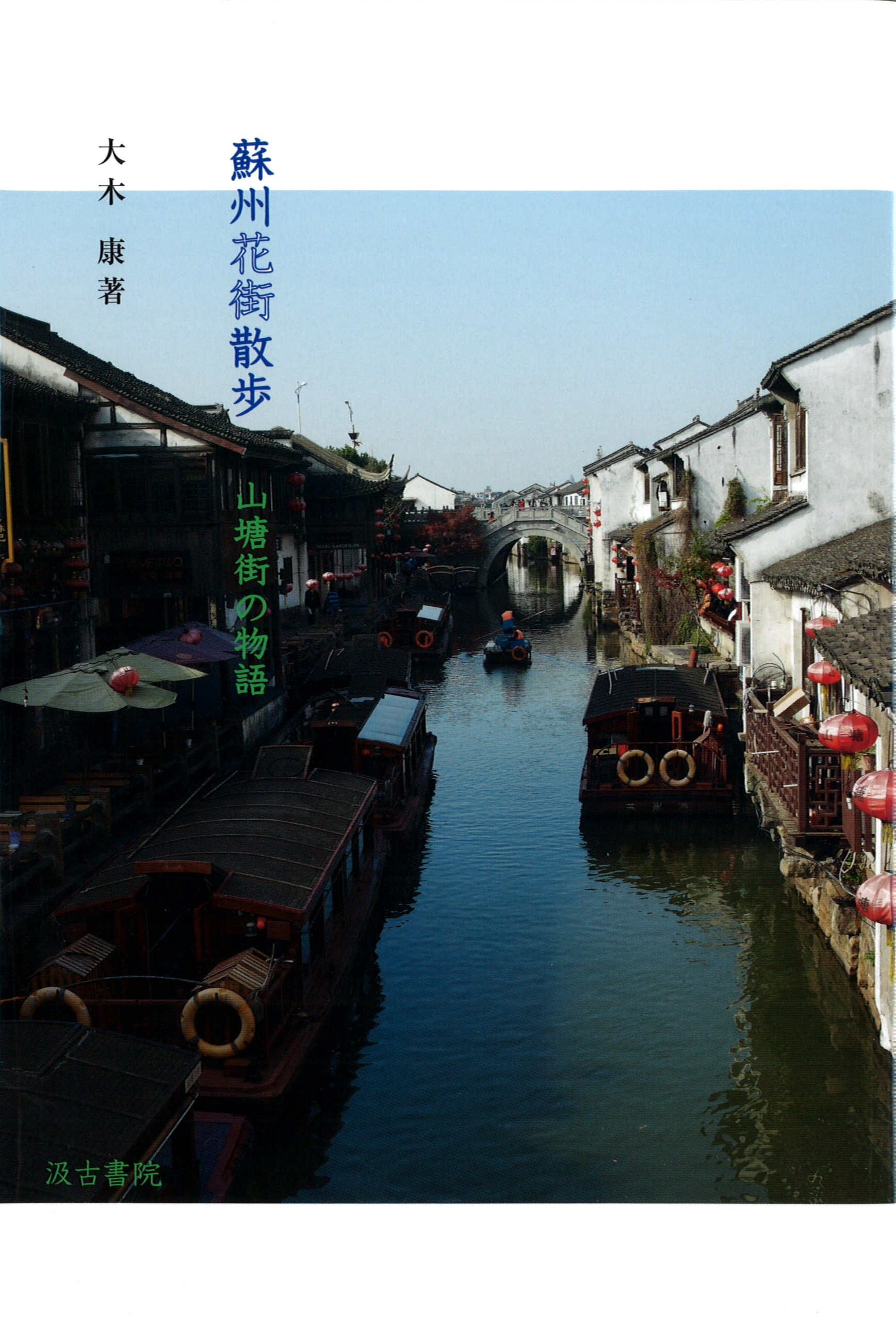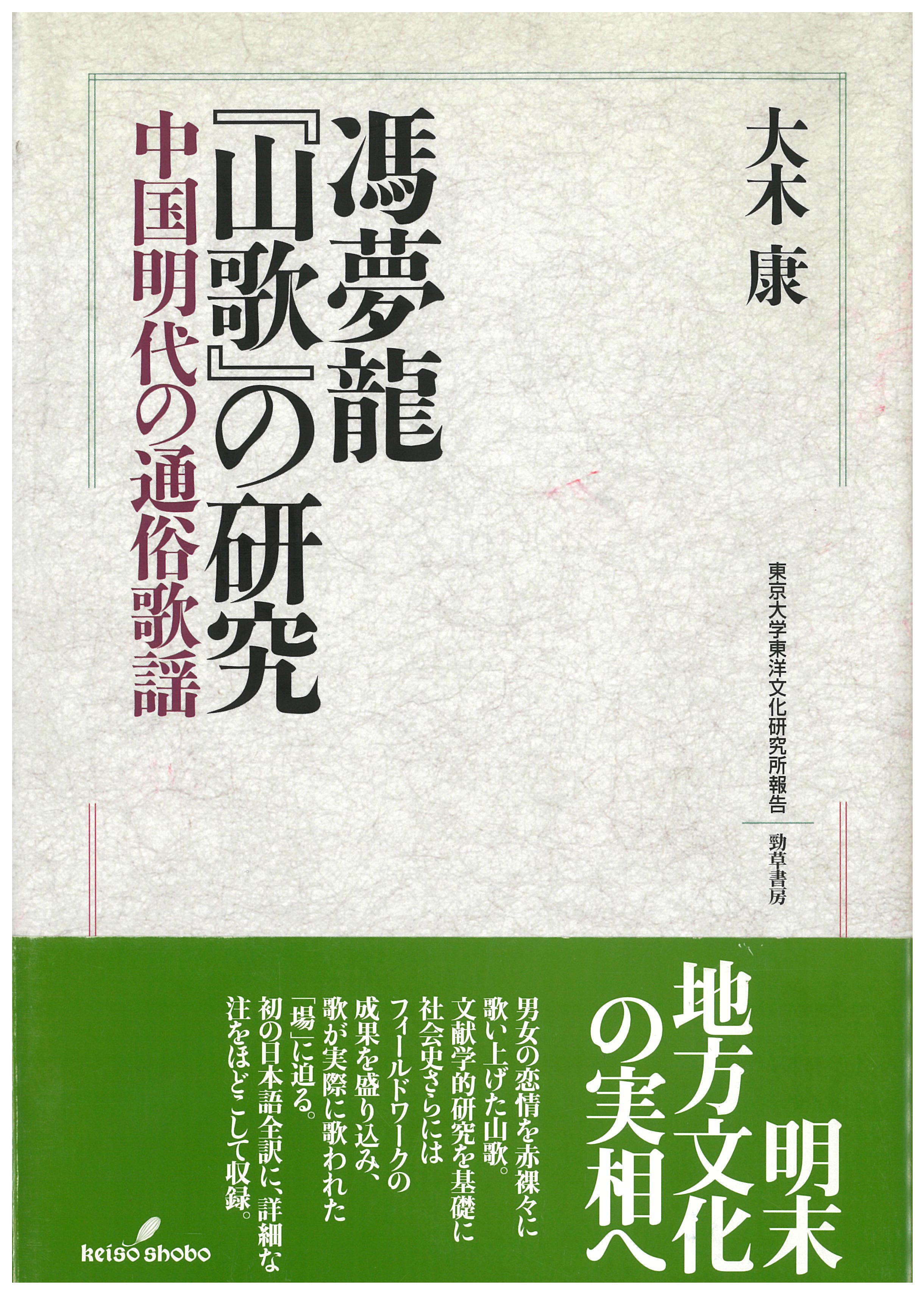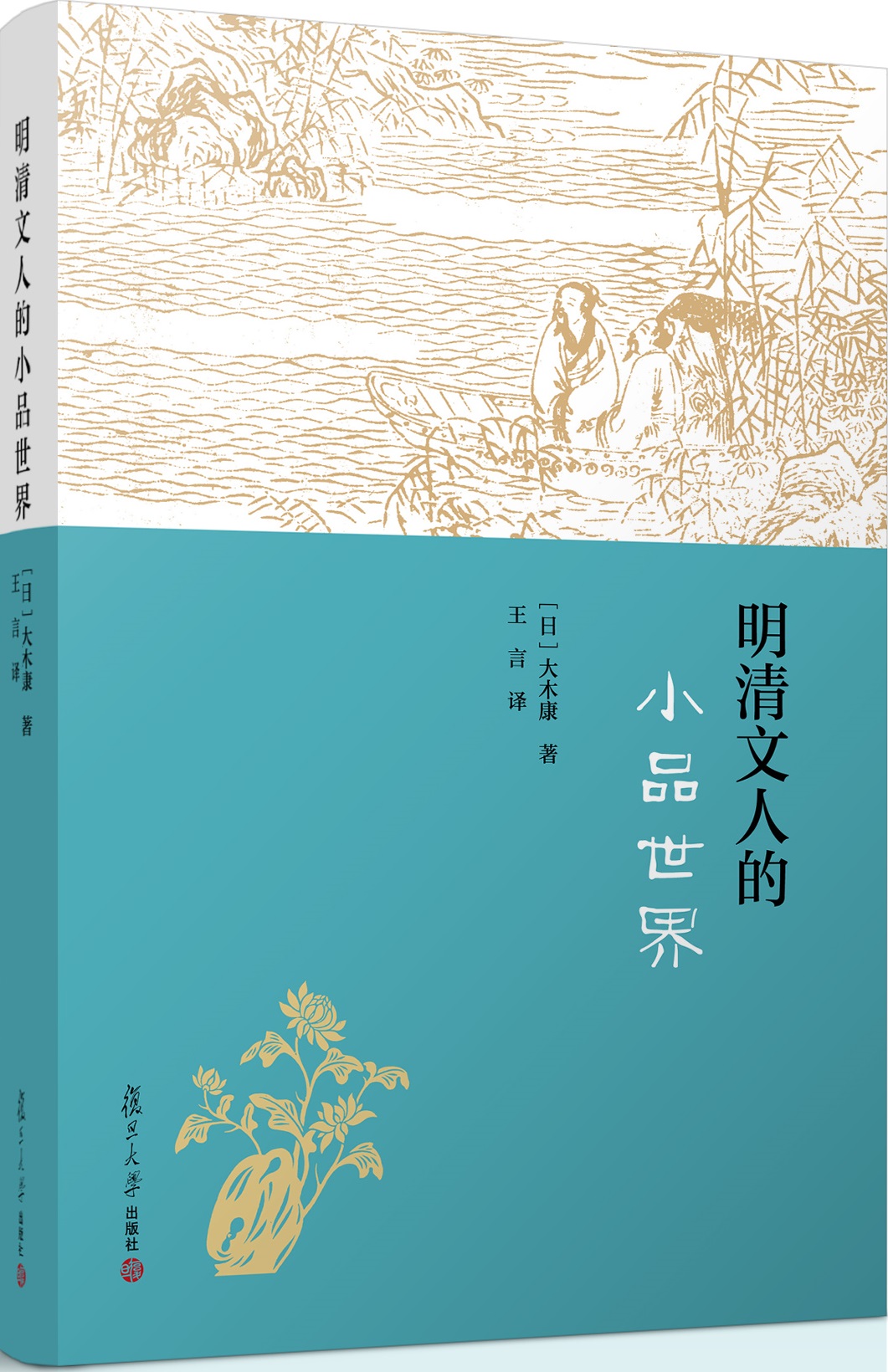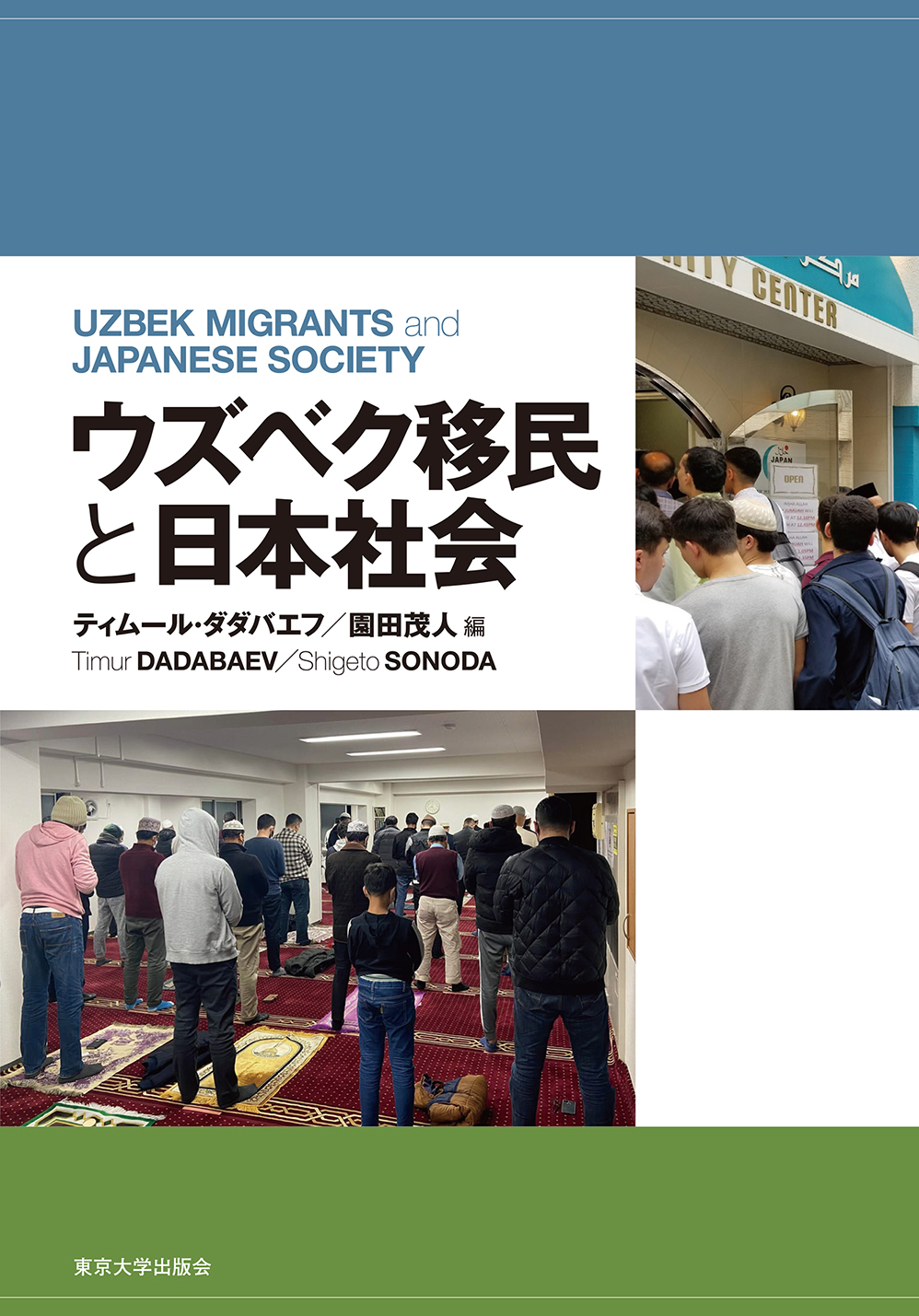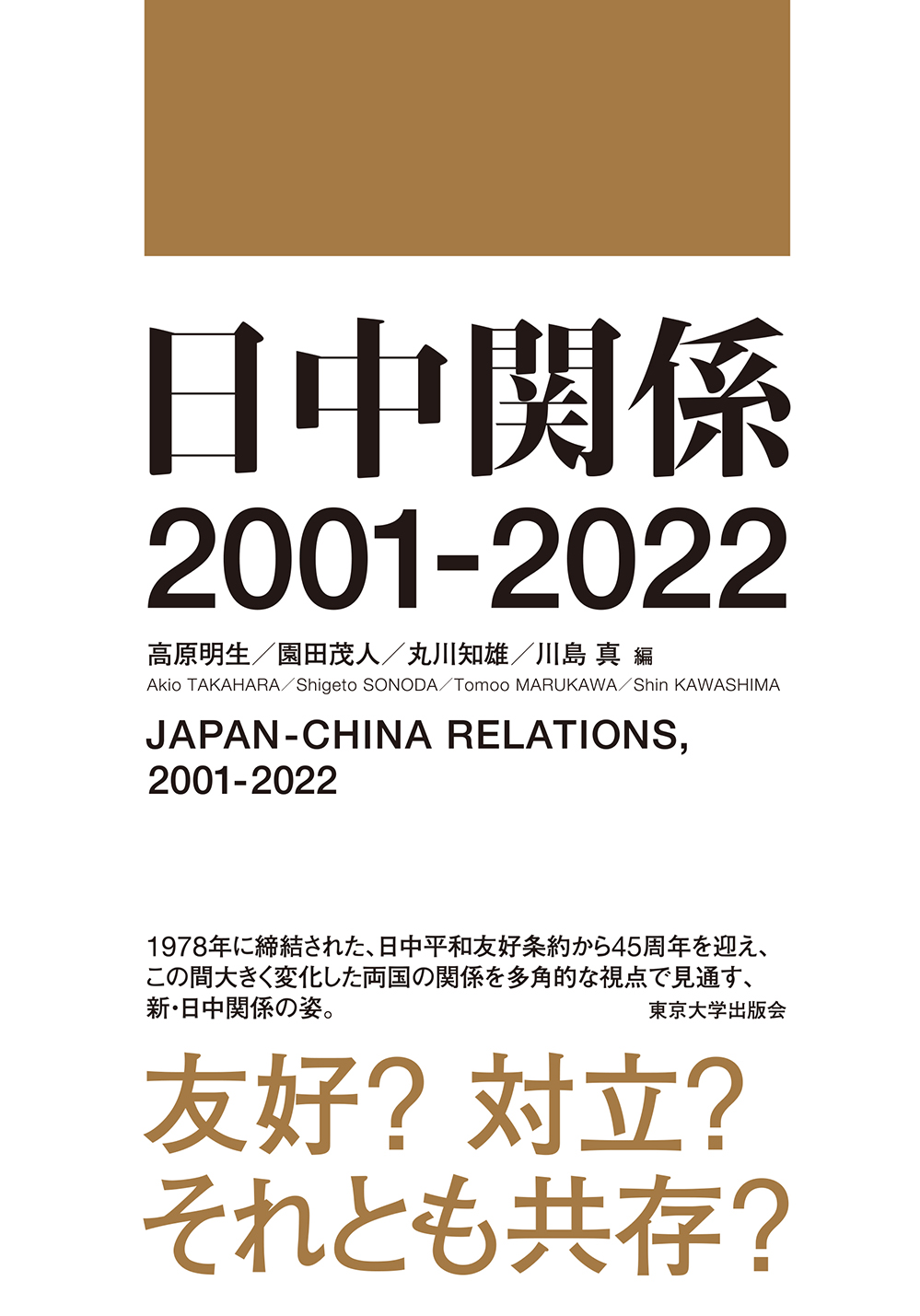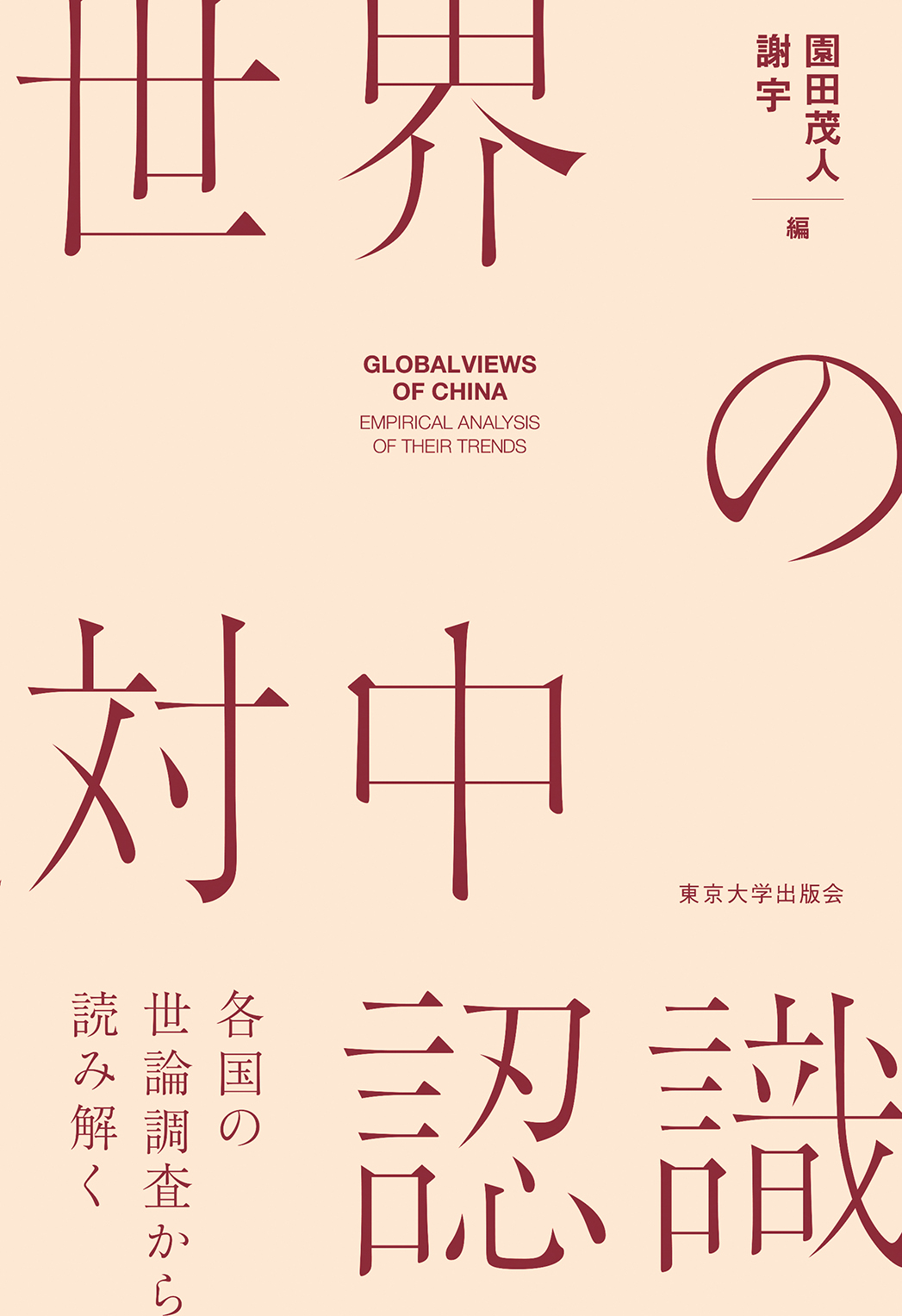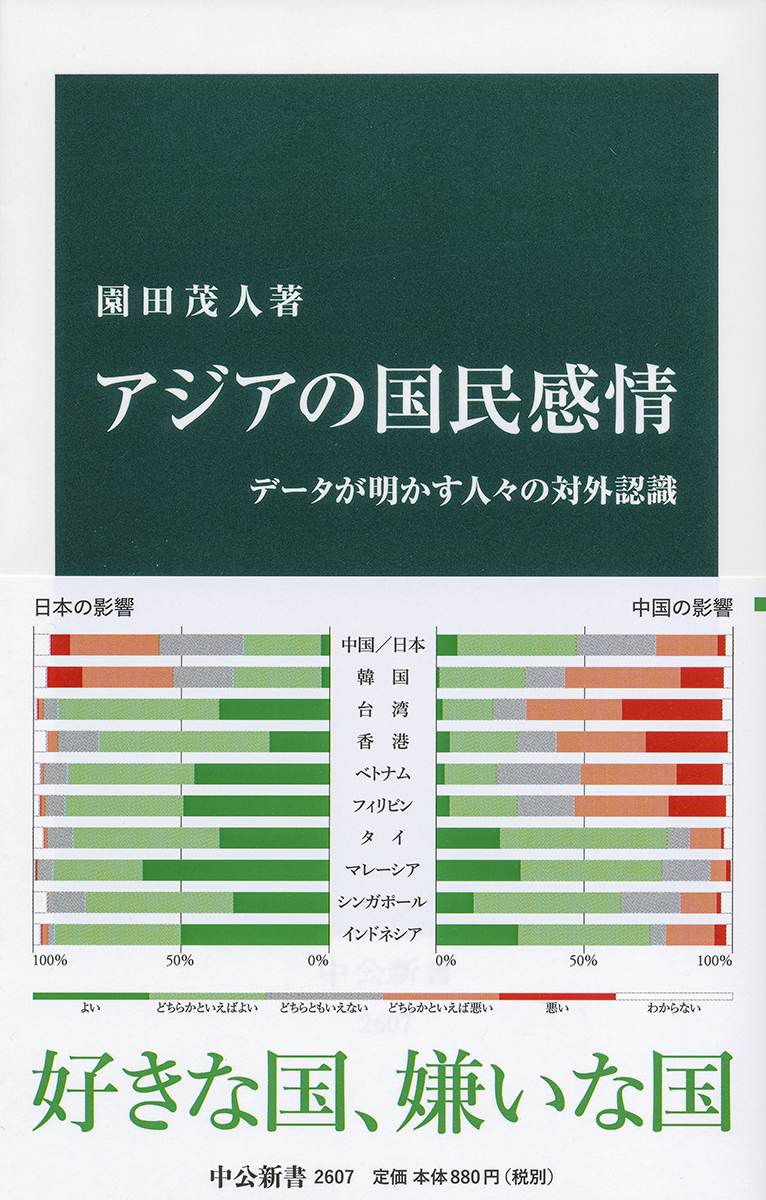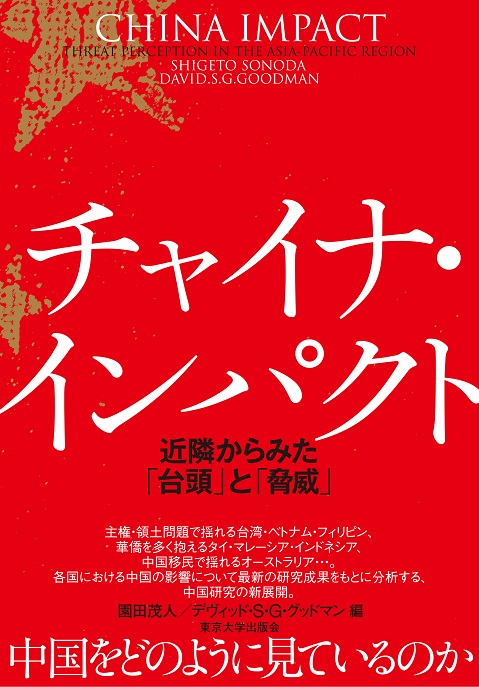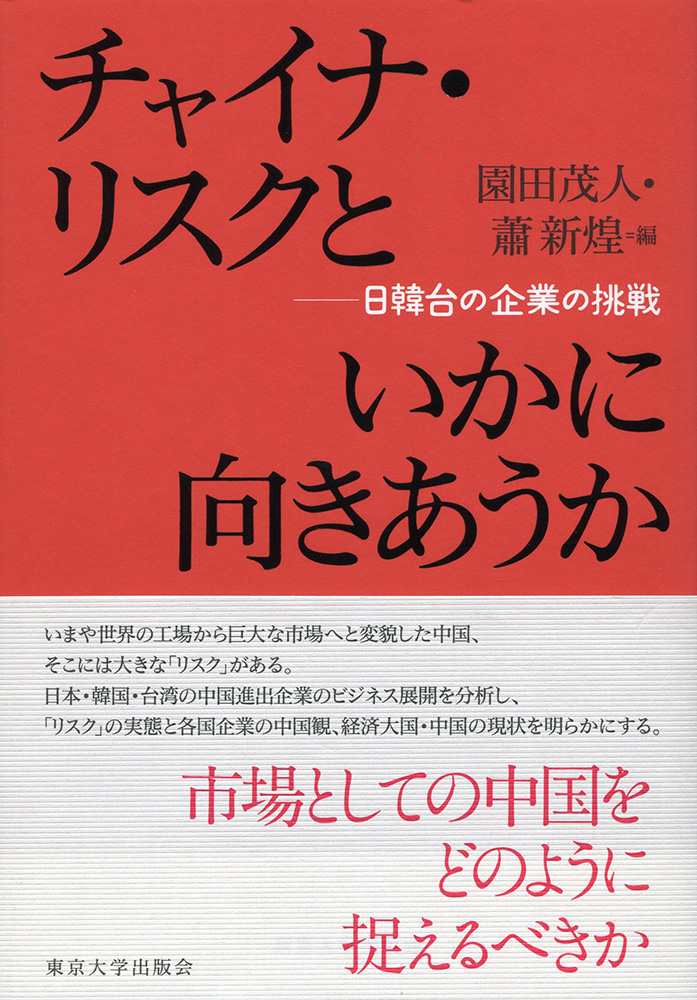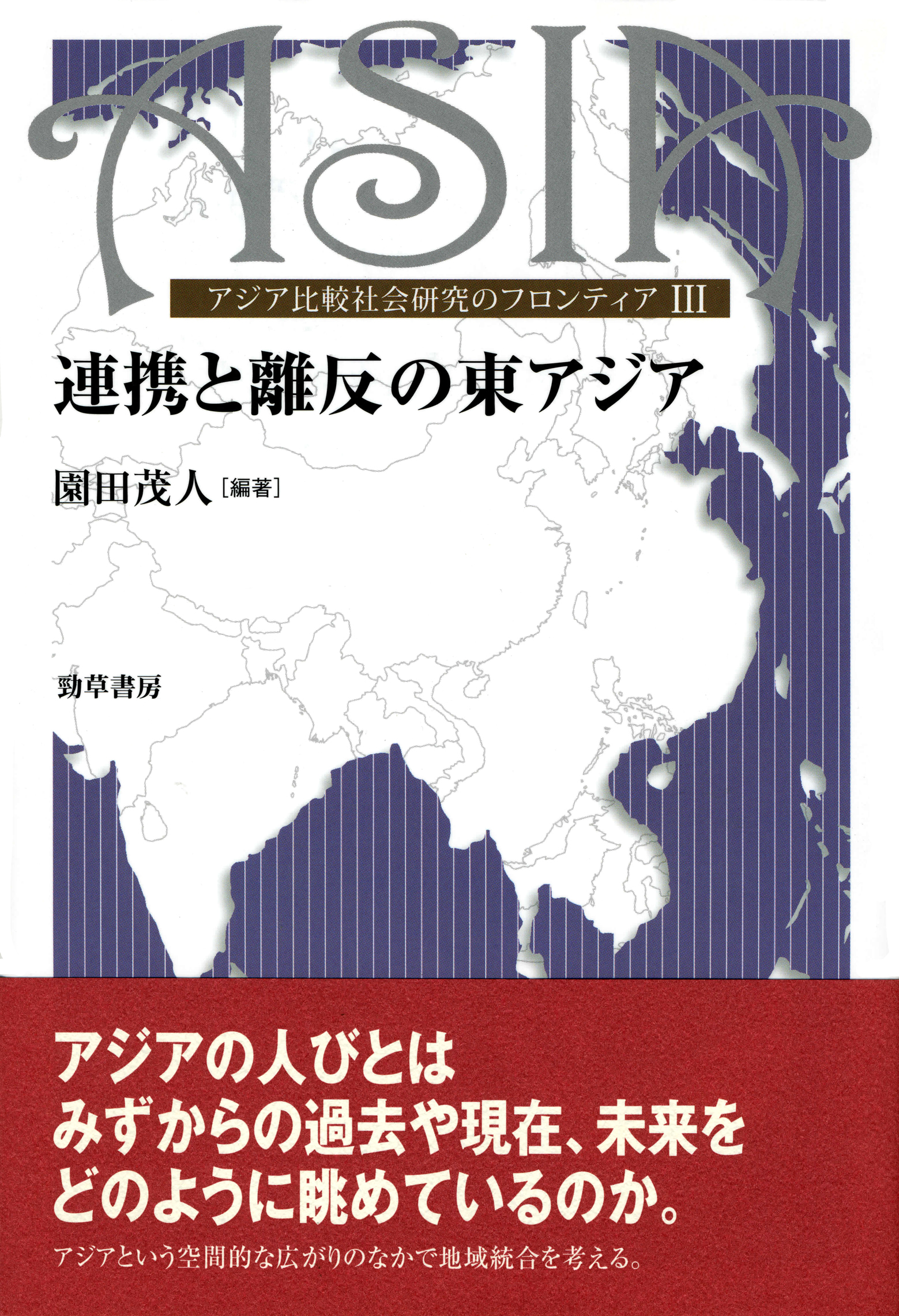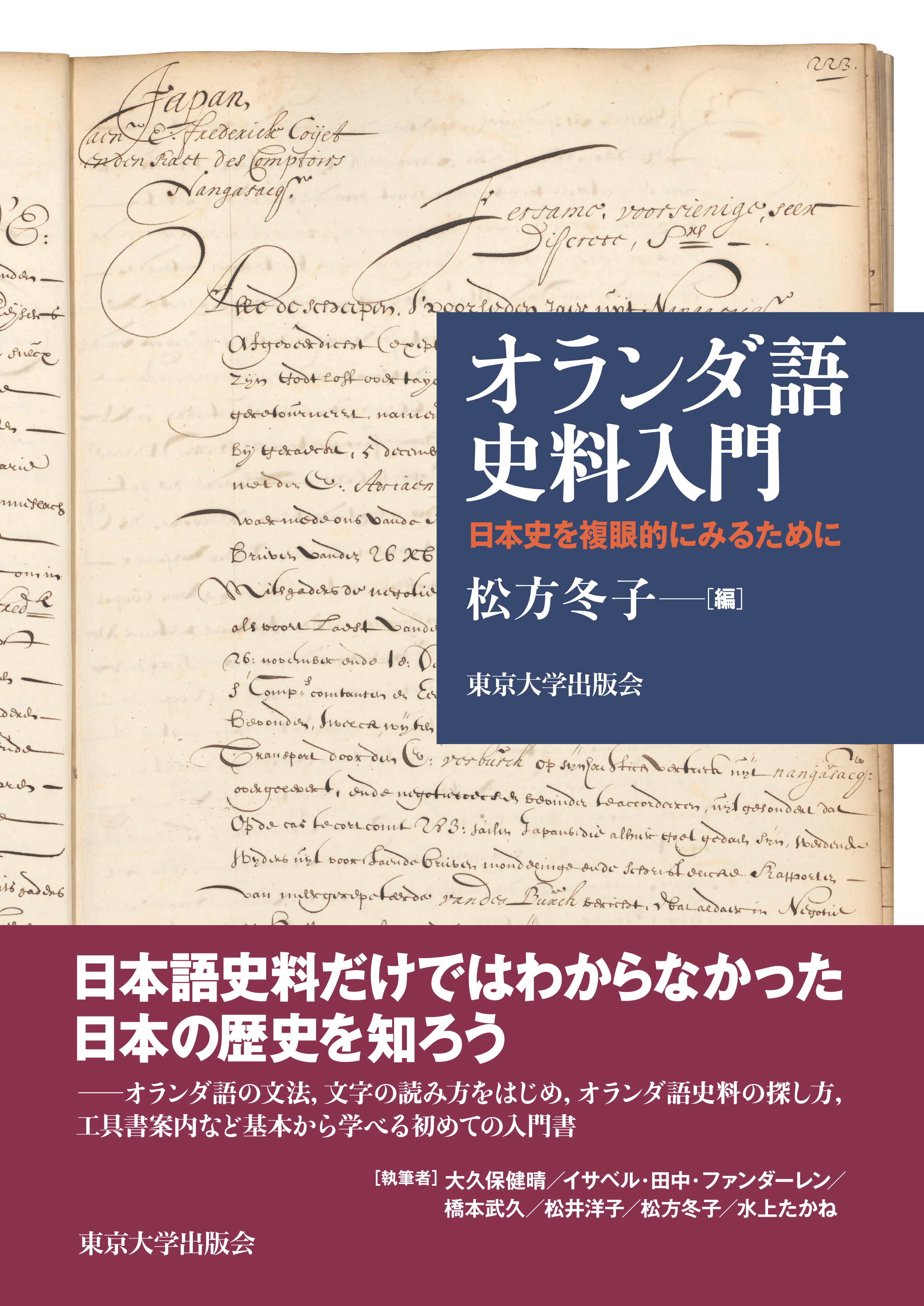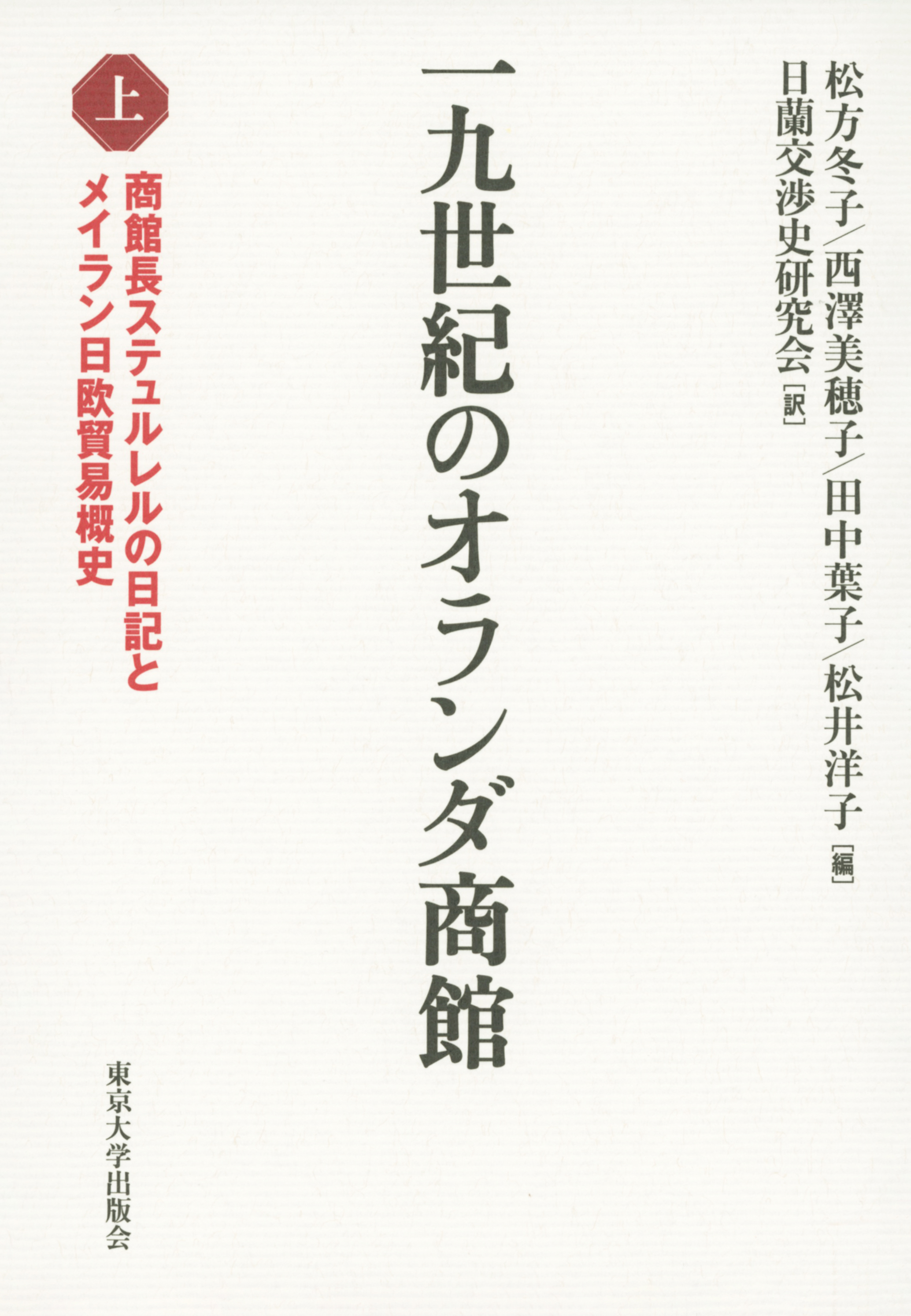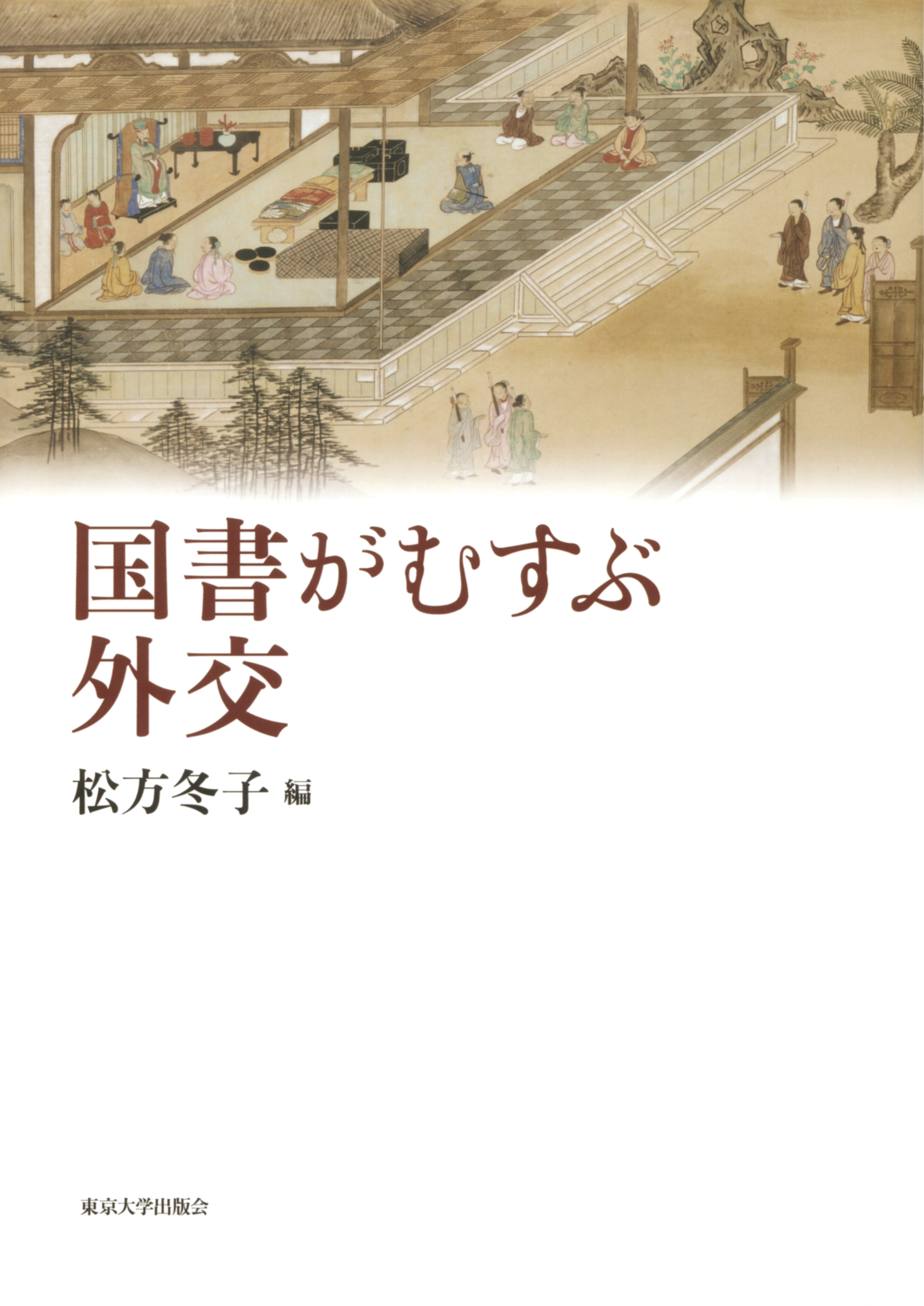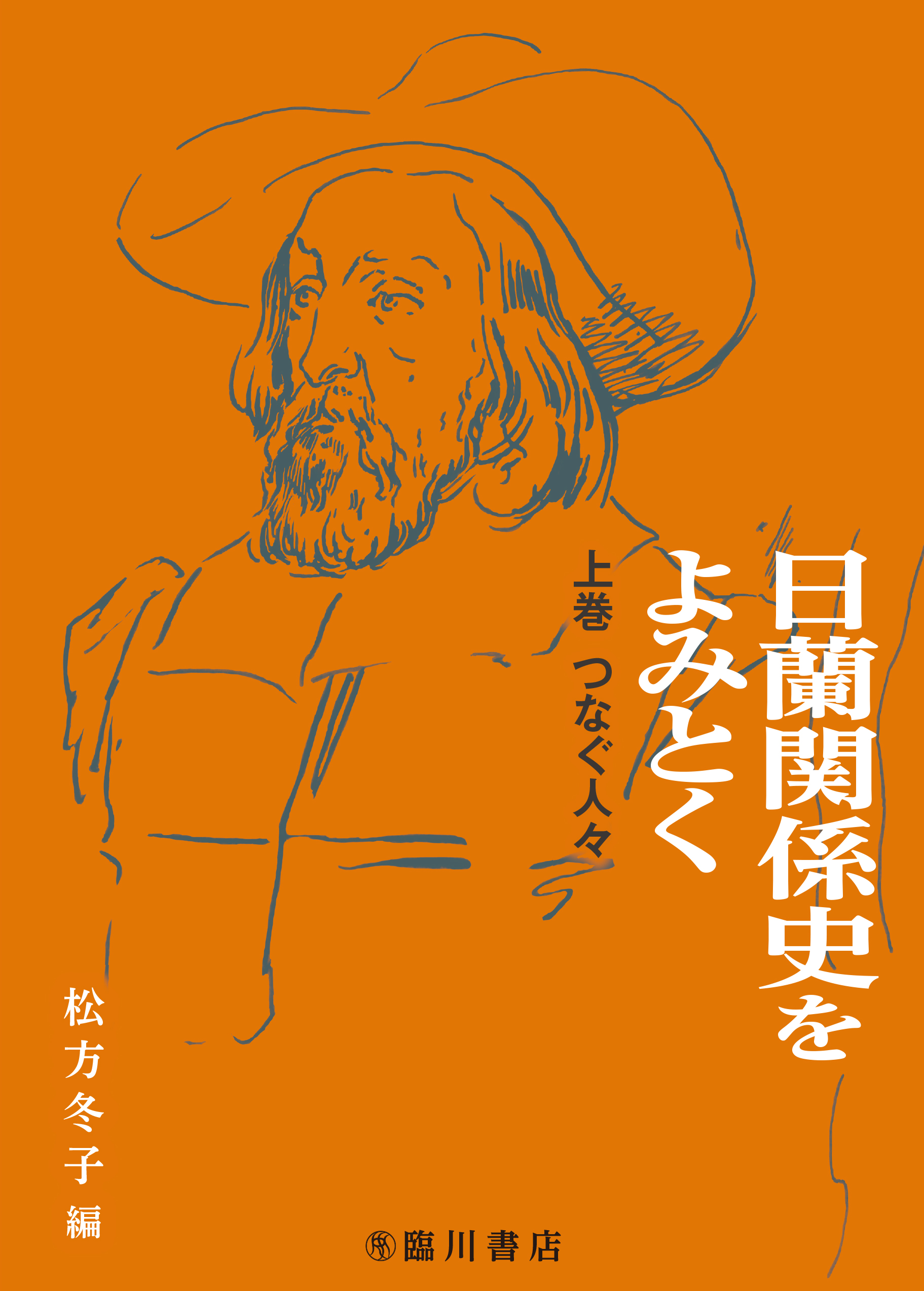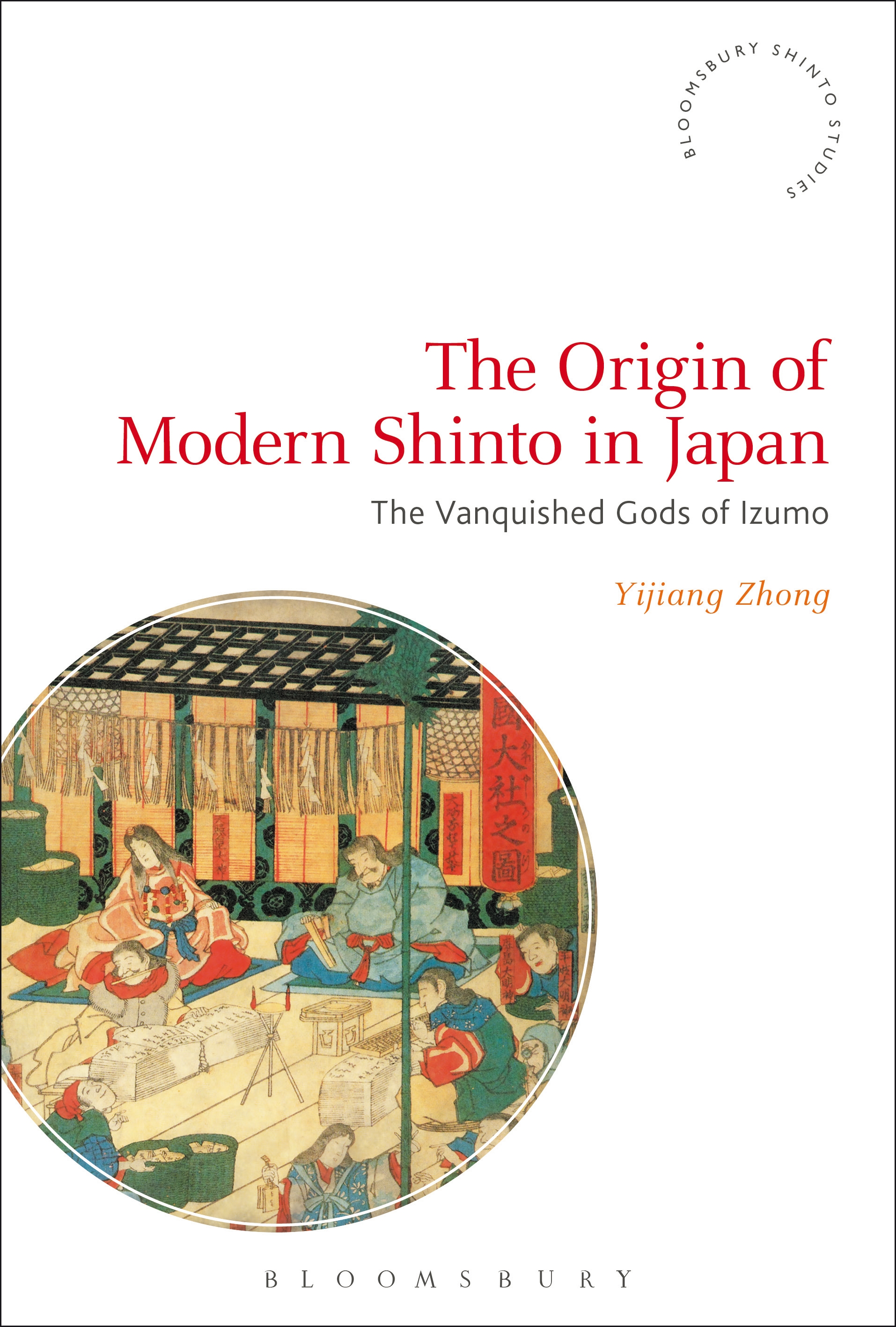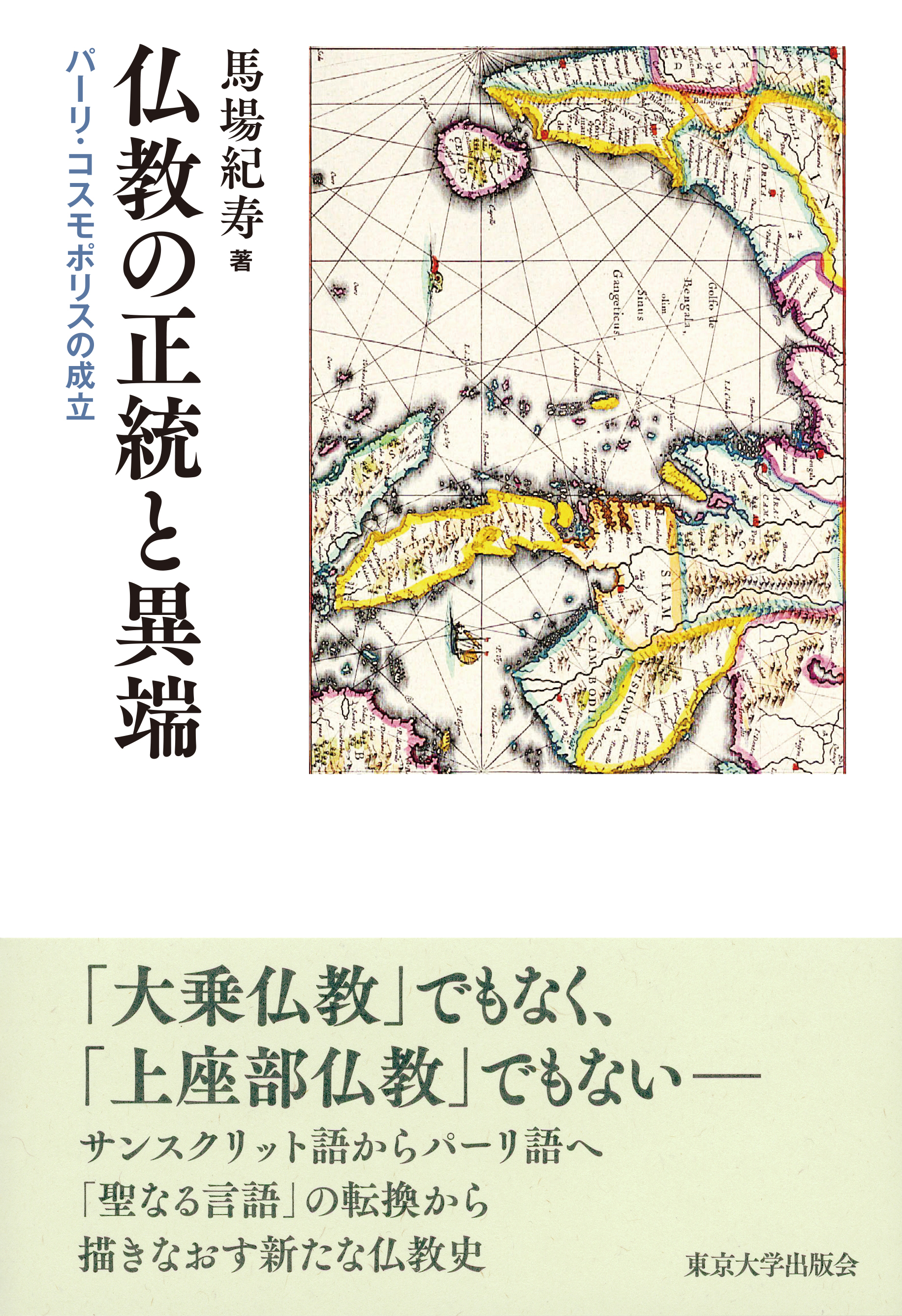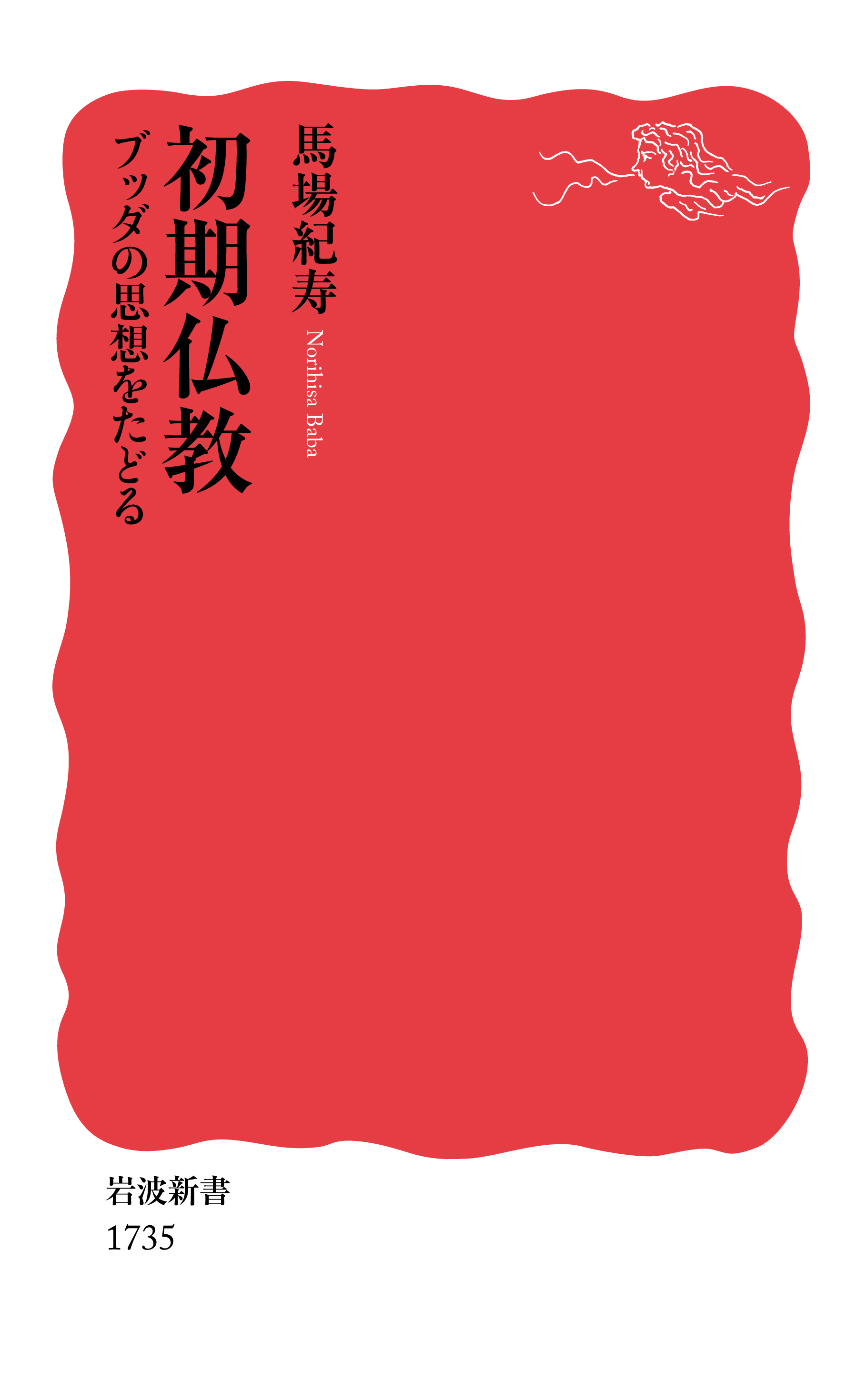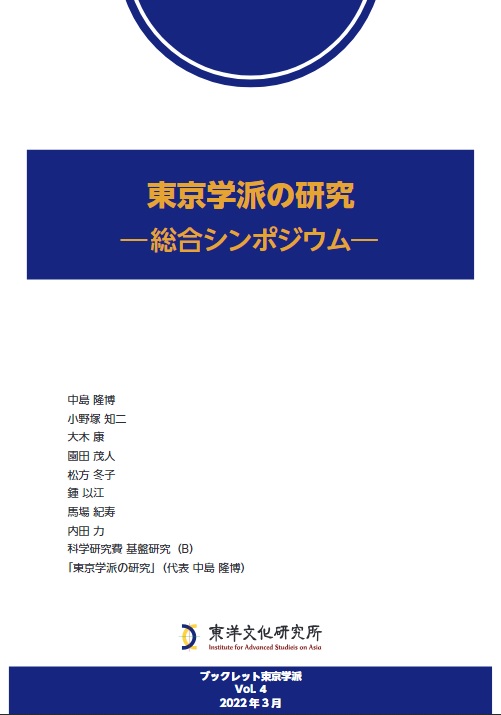
Title
Booklet The Tokyo School Volume. 4 Tōkyō Gakuha-no Kenkyū (Research on the Tokyo School - General Symposium)
Size
180 pages
Language
Japanese
Released
March 25, 2022
ISBN
2436-0201
Published by
Institute for Advanced Studies on Asia
Book Info
Japanese Page
This booklet is one of the accomplishments of the Grant-in-Aid for Scientific Research (B) “Research on the Tokyo School” (PI: Takahiro Nakajima). The name “Tokyo School” may not be as familiar as the “Kyoto School.” However, the knowledge base compiled by the University of Tokyo and other universities in the Tokyo area in the modern era has had a tremendous impact, both positive and negative, on Japanese society. We should also consider the fact that many of the Kyoto School philosophers, including Kitarō Nishida, were graduates of the University of Tokyo or Tokyo Imperial University.
These booklets explore how the Tokyo School assembled their collective knowledge by spanning various disciplines such as philosophy, economics, literature, sociology, history, jurisprudence, and Buddhist studies and delve into the processes and approach to examining the actual problematics.
The project’s principal investigator, Takahiro Nakajima (Professor, Institute for Advanced Studies on Asia), discusses the philosopher Gen’yoku Kuwaki, once referred to as “Nishida of the West and Kuwaki of the East,” and how his inclination toward German idealism hindered his acceptance of pragmatism, and how he nevertheless paid attention to Chinese philosophy. Thereafter, he discusses how the postwar Tokyo School represented by Shōzo Ōmori and Wataru Hiromatsu attempted to overcome the Kyoto School.
Prof. Tomoji Onozuka (specially appointed professor, Faculty of Economics, The University of Tokyo) discusses the economic historian Hisao Ōtsuka’s Kyōdōtai no Kisoriron [Basic Theory of Community], showing the limitations of a theory of community based on an idea-driven theory of modernization. Professor Yasushi Ōki (Institute for Advanced Studies on Asia) discusses On Shionoya who studied Chinese literature and particularly Chinese drama and novels, explaining why Shionoya focused on popular literature not covered by traditional Chinese literature studies and how this pursuit was passed down after the war.
Professor Shigeto Sonoda (Institute for Advanced Studies on Asia), comparing prewar sociology and postwar sociology, elucidates how positivism emerged as a budding movement in the 1920s, flourished, and reached its peak in the 1960s. However, this was made possible by relying on the West for theory, with Japan serving as the subject of empirical research. Professor Fuyuko Matsukata (Historiographical Institute, The University of Tokyo) discusses the merits and demerits of the Tokyo School in the context of historical research. As a merit, she cites the fact that the Tokyo School was able to bridge multiple worldviews and discuss historical studies in one’s own language in the context of higher education. As a demerit, she points out that such knowledge creation can easily become insular, citing the poor meshing of discourse by those who favor expressions that mirror those of European eruditions and those who favor expression that mirror those of Chinese eruditions.
Professor Zhong Yijiang (formerly at the Institute for Advances Studies on Asia, currently at Komatsu University), in the context of discussing the study of maritime law at the Tokyo Imperial University, identifies Niichiro Matsunami as an emblematic figure and elucidates his dual liberal and nationalistic nature. Professor Norihisa Baba (Institute for Advanced Studies on Asia) clarifies how “early Buddhism” in the context of research on Indian philosophy was established by inheriting elements of Western studies on modern Buddhist.
In response to the themes presented above, the book concludes with a general discussion on how we can carry on the legacy of the Tokyo School and utilize the approach to examining the actual problematics that has been left to us to achieve what the Tokyo School did not.
(Written by NAKAJIMA Takahiro, Professor, Institute for Advanced Studies on Asia / 2024)
Related Info
JSPS Research Project “The Tokyo School” (Principal Investigator: NAKAJIMA Takahiro)
http://gjs.ioc.u-tokyo.ac.jp/en/tokyo-school/
Related Books:
Booklet Tokyo School Vol. 1
Author: Professor Takahiro Nakajima (Institute for Advanced Studies on Asia)
http://gjs.ioc.u-tokyo.ac.jp/en/essays/post/20201224_TokyoSchool-01/
Booklet Tokyo School Vol. 2
Author: Professor Takahiro Nakajima (Institute for Advanced Studies on Asia)
http://gjs.ioc.u-tokyo.ac.jp/en/essays/post/20210302_TokyoSchool-02/
Booklet Tokyo School Vol. 3
Author : Professor Takahiro Nakajima (Institute for Advanced Studies on Asia)
http://gjs.ioc.u-tokyo.ac.jp/en/essays/post/20210430_TokyoSchool-03/
Related Article:
Guest Editor’s Introduction - Nakajima Takahiro (Journal of Japanese Philosophy, Volume 9, pp.2-3 2023)
https://doi.org/10.1353/jjp.2023.a913627



 Find a book
Find a book


 eBook
eBook